Team
Xenopat is a spin-off company, of the Catalan Institute of Oncology (ICO), the Bellvitge Biomedical Research Institute (IDIBELL) and the Bellvitge University Hospital (HUB).

Alberto Villanueva, PhD.
Chief Scientific Officer and co-founder.
Principal investigator of the Drug Resistance Group at ICO-IDIBELL. Bachelor of Biology (1990) and PhD in Genetics (1997) from the University of Barcelona. He performed his postdoctoral studies (1997-2001) in a joint project between Memorial Sloan-Kettering Cancer Center (MSKCC) and Cold Sping Harbour Laboratories. He is internationally renowned through his work on orthotopic PDX (Personal Derived Xenograft), that he named orthoxenografts®. He has used these models not only to study drug resistance acquisition mechanisms (including resistance to cisplatin, 5-fluorouracil and oxaliplatin), but also to develop new antioncogenic drugs and oncogenic personalized treatments. Some of his orthoxenograft® models are unique in the world. He is the author of up to 60 peer-reviewed scientific publications.He has been a key collaborator in projects with several pharmaceutical companies (PharmaMar and others), providing them orthoxenografts® for performing advanced preclinical developments of new anticancer molecules.

August Vidal, MD.
Chief of Molecular pathology and co-founder.
Pathologist at the Pathological Anatomy Service of the Bellvitge University Hospital. Pathological Anatomy Program Director. In charge of the Gynecologic Pathology and Dental Pathology areas and team member of the Urologic Pathology and Head and Neck Pathology areas at the Bellvitge University Hospital. Bachelor of Medicine by the University of Barcelona (1990), specialization in Pathology at the Pathology Service of the Bellvitge University Hospital (1992-1995). He is author of up to 70 peer-reviewed scientific publications. Associate Professor at the Department of Pathology and Experimental Therapeutics of the University of Barcelona. He is an expert in orthoxenografts® histopathological and genetic characterization.

Anna Portela, PhD.
Chief Executive Officer and co-founder.
Bachelor of Biology (2001) and PhD in Genetics (2007) by the Autonomous University of Barcelona. MBA from ESADE (2013). She has been a visiting researcher in different internationally recognized centers: Höhenheim Universität and Johns Hopkins University. She performed her postdoctoral studies in the Cancer Epigenetics Group, first at the CNIO (2007-2008) and then at the IDIBELL (2008-2014). Her research focused on understanding cancer molecular bases and define prognostic biomarkers in a series of different tumor types. She is the author of important peer-reviewed scientific publications.



Members of






Sponsored by
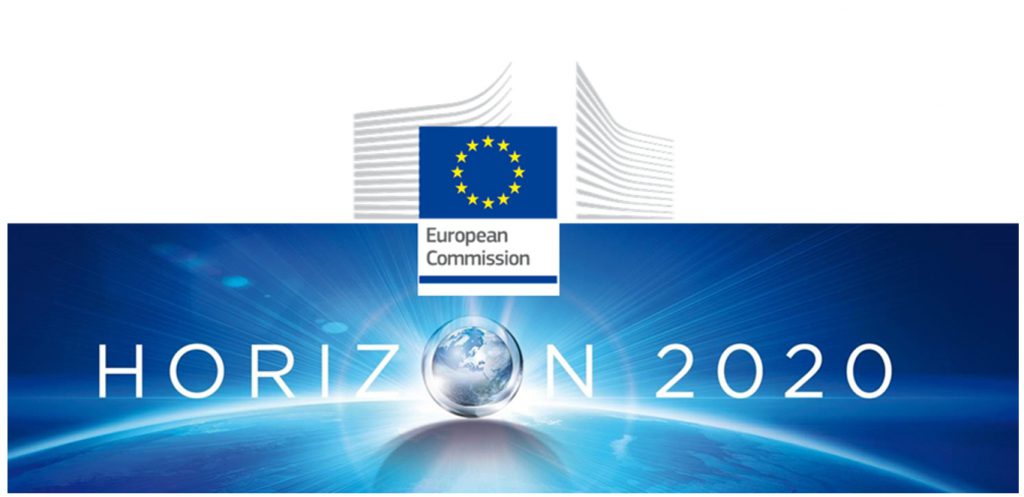

Projects
Project name
EPIgenetics of PHARMacogenetics. EpiPharm
Funded under
EXCELLENT SCIENCE – European Research Council (ERC), Proof of Concept (PoC) Grants

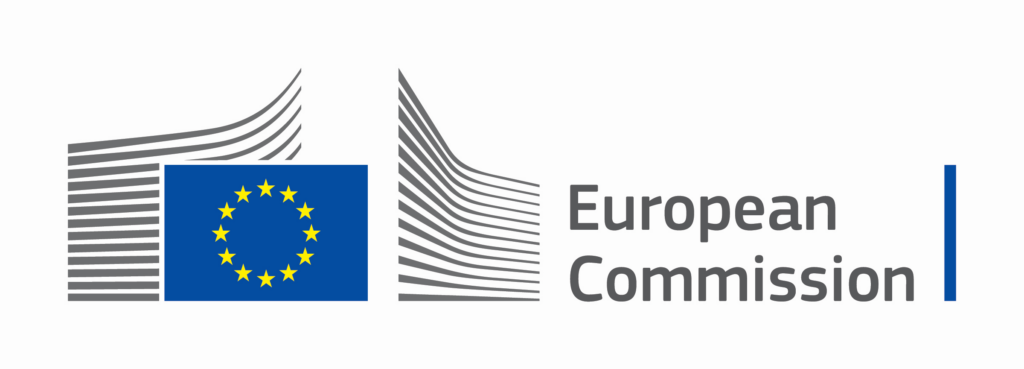
Description
EPIPHARM is an innovative research project focused on developing a DNA methylation kit targeting non-coding RNA (ncRNA) regions to support treatment decisions in Cancer of Unknown Primary (CUP). The aim is to create a high-throughput epigenotyping tool capable of identifying a drug sensitivity fingerprint based on the DNA methylation profile of ncRNA loci.
https://cordis.europa.eu/project/id/727264
Project closed
Project duration: 1 February 2017 – 31 July 2018
Project name
MaxiMice
Funded under
StartUp Capital ACCIÓ
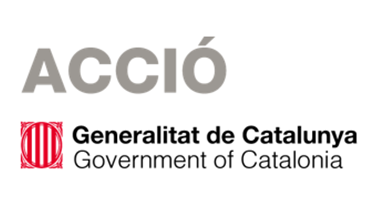
Description
Xenopat is launching a new personalised cancer treatment advisory service. The creation of a patient-specific orthoxenograft enables the most suitable therapy to be tested at any given time for their particular case. The service was developed as a proof of concept, with the first invoice issued in July 2017. The current project aims to accelerate the market penetration of this new service.
Project closed
Project duration: 7 September 2017 – 30 July 2020
Project name
Drug Discovery and Delivery NEtwork for ONcology and Eye Therapeutics.
3D NEONET
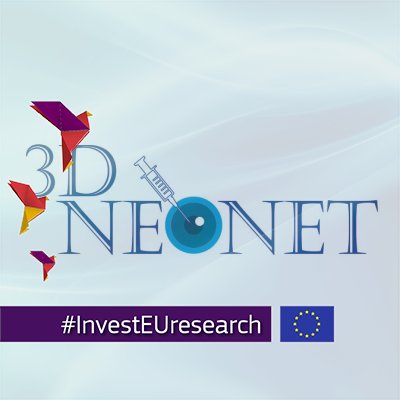
Funded under
EU-H2020 MSCA RISE

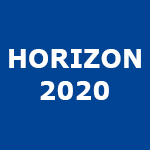

Description
3D NEONET is a consortium that brings together a unique group of researchers from 18 institutions in 7 different countries, joining efforts to accelerate the development of therapeutic interventions for oncology and ophthalmology.
https://cordis.europa.eu/project/id/734907/results
https://www.youtube.com/watch?v=w6ZDxaimGQA https://x.com/3dneonet
Project closed
Project duration: 1 January 2017 – 30 June 2022
Project name
A novel targeted treatment against ovarian cancer. nOVAB
Funded under
Eurostars-2 programme, EU-H2020, CDTI
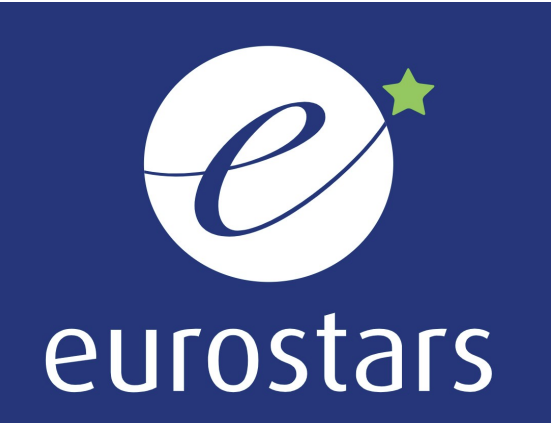



Description
The objective of nOVAB was to develop a first-in-class monoclonal antibody (mAb) therapy targeting a newly identified tumour-specific epitope. This antibody blocks a novel cancer target, triggering cancer cell death and significantly reducing tumour growth via a unique oncogenic pathway.
https://www.vinnova.se/p/e113292-novab-goteborgs-universitet/
Project closed
Project duration: 1 October 2019- 3 October 2022
Project name
Commercial & Research Opportunity for Cysteinyl Leukotriene Signalling in Ocular & CNS Dysfunction, Cancer and Cardiovascular Disease. CRYSTAL3
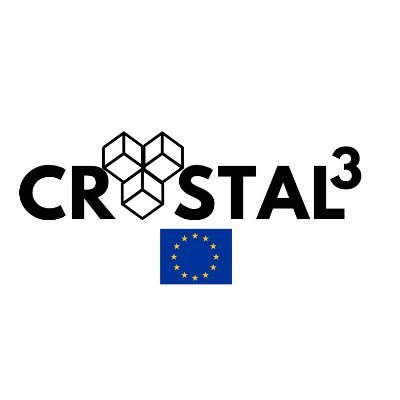
Funded under
EU-H2020 MSCA RISE



Description
CRYSTAL3 is an international consortium (12 members in 8 countries, led by University College Dublin) funded by EU Horizon 2020 MSCA RISE program (GA 101007931) with €887,800 to investigate CysLTs, a relatively unexplored cellular signalling pathway found across a range of human diseases.
https://cordis.europa.eu/project/id/101007931
https://www.ucd.ie/crystal3/project/
Project closed
Project duration: 1 January 2021 – 31 December 2024
Project name
New Theranostic Nanobody for CMS4 Colorectal Cancer: Selective PET Imaging and Targeted Radiotherapy.
ColoSelect
Funded under
Eurostars-2 programme, EU-H2020, CDTI




Description
Around 23% of patients with colorectal cancer (CRC) have the CMS4 subtype, which is the most aggressive form. It is characterised by rapid metastasis, chemotherapy resistance and a low five-year survival rate. ColoSelect is developing BOT1700, the first theranostic nanobody for CMS4-CRC. It targets the PDGF-beta receptor, which is overexpressed in the fibrotic stroma of CMS4 tumours, and it can be used for both PET imaging and targeted radiotherapy. A preclinical proof of concept will assess its diagnostic use, followed by therapeutic validation.
Project closed
Project duration:
1 April 2021 – 31 January 2024
Project name
DEvelopment oF a T14 Inhibitor for Treatment of ColoRectal Cancer
(DEFIT-CRC )
Funded under
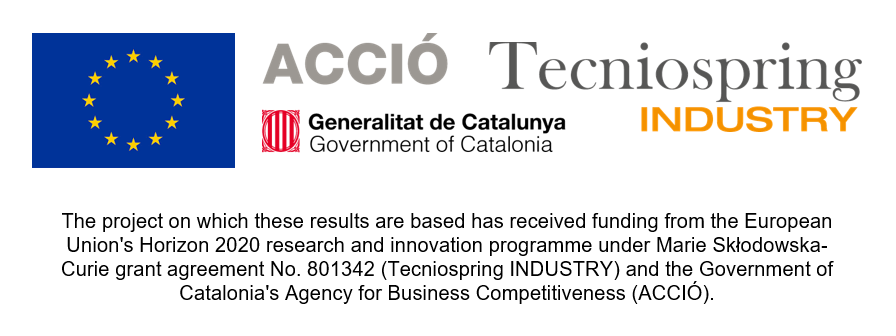
Description
Tecniospring, the international talent program by ACCIÓ, is offering tech companies and centers the opportunity to develop transforming projects by hiring qualified R&D personnel.
DEFIT-CRC aims at developing a new antitumour and/or antimetastatic drug for patients with colorectal cancer (CRC).
https://cordis.europa.eu/project/id/801342
Project closed
Project duration:
1 March 2022 – 17 October 2024
Project name
PERSIST-SEQ

Funded under
Innovative Medicines Initiative 2 (IMI), European Union’s Horizon 2020 research and innovation programme and EFPIA


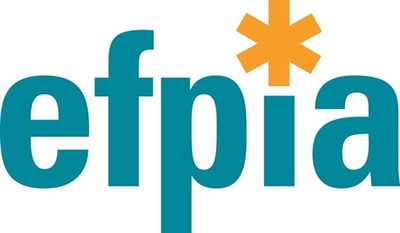
Description
The aim of PERSIST-SEQ is to shed new light on the mechanisms behind treatment resistance. To do this, they will develop a standardised approach to studying and sequencing the genetic code of individual cancer cells before, during and after treatment. In total, the project plans to use state-of-the-art technology to characterise 5 million cells and will mainly focus on lung, colorectal and breast cancer.
https://www.ihi.europa.eu/projects-results/project-factsheets/persist-seq
https://www.linkedin.com/company/persist-seq/posts/?feedView=all
Ongoing:
Project duration: 1 July 2021 – 30 June 2026
Project name
Next generation Peptide Drug Conjugate as a novel tumour specific treatment for glioblastoma patients.
GlioPep
Funded under
EUROSTARS-3, CDTI




Description
GLIOPEP, a Eurostars-Eureka-funded project (Eureka Network) co-funded by the EU’s HorizonEurope programme, is an exciting research initiative focused on developing a novel tumour-targeted chemotherapy for glioblastoma – one of the most aggressive brain tumours for which there is currently no curative treatment.
Ongoing:
Project duration: March 2023 – March 2026
Project name
MILLORA DELS ESTUDIS PRECLÍNICS PER PROVAR NOUS FÀRMACS ONCOLÒGICS: ESTABLIMENT DE LÍNIES CEL·LULARS A PARTIR DE XENOEMPELTS DERIVATS DEL PACIENT (PDX)
Funded under
Doctorat Industrial AGAUR
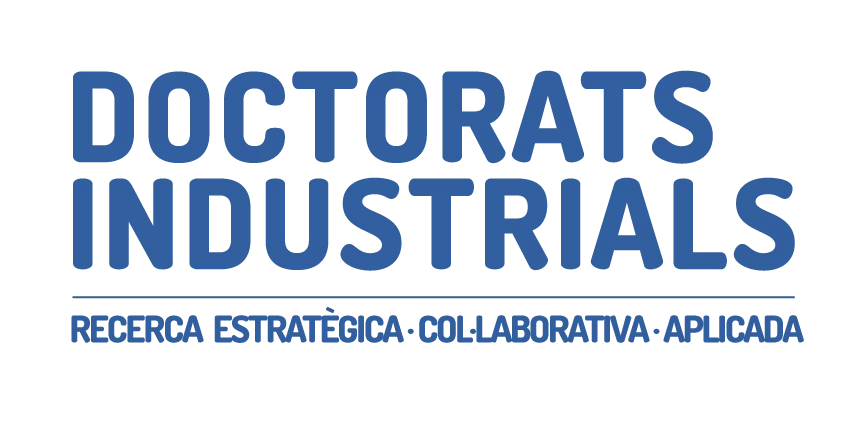

Description
The aim of this doctoral project is to develop an in vitro pre-screening method using cell lines derived from patient-derived xenografts (PDXs). This will help to reduce the use of animals in preclinical oncology. By validating the similarity of the cell lines to the original PDXs, the approach will improve drug selection and study efficiency. This method supports the development of faster and safer cancer therapies and aligns with ethical and regulatory advances.
Ongoing:
1 October 2024 – 1 October 2027
Project name
New In Vitro Pre-Screening Platform Service: Patient-Derived Orthotopic Xenografts In Vitro Models
Funded under
Doctorados Industriales, Ministerio de Ciencia Innovación y Universidades
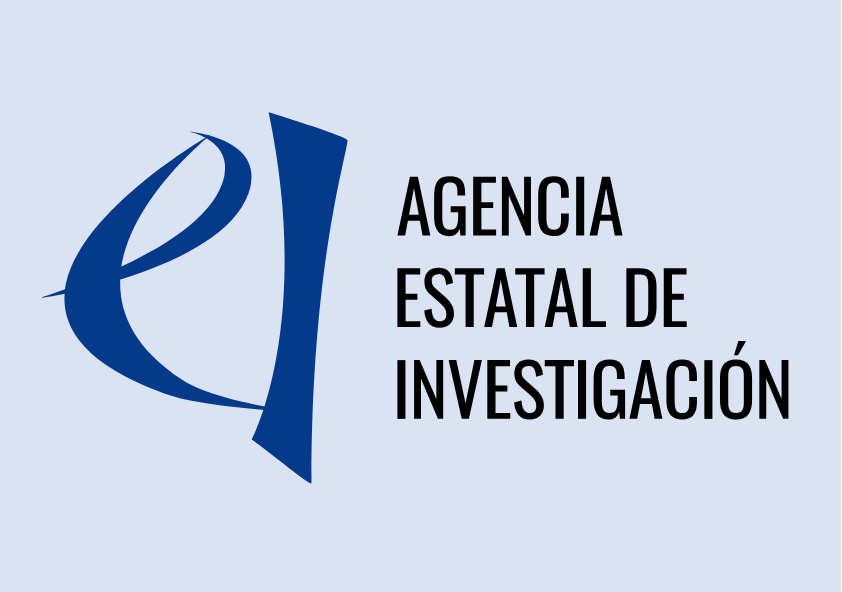
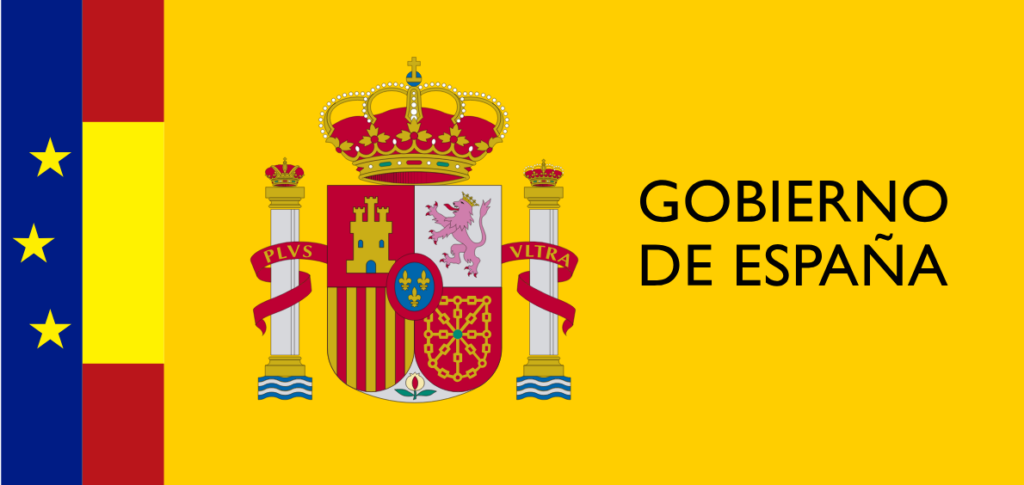
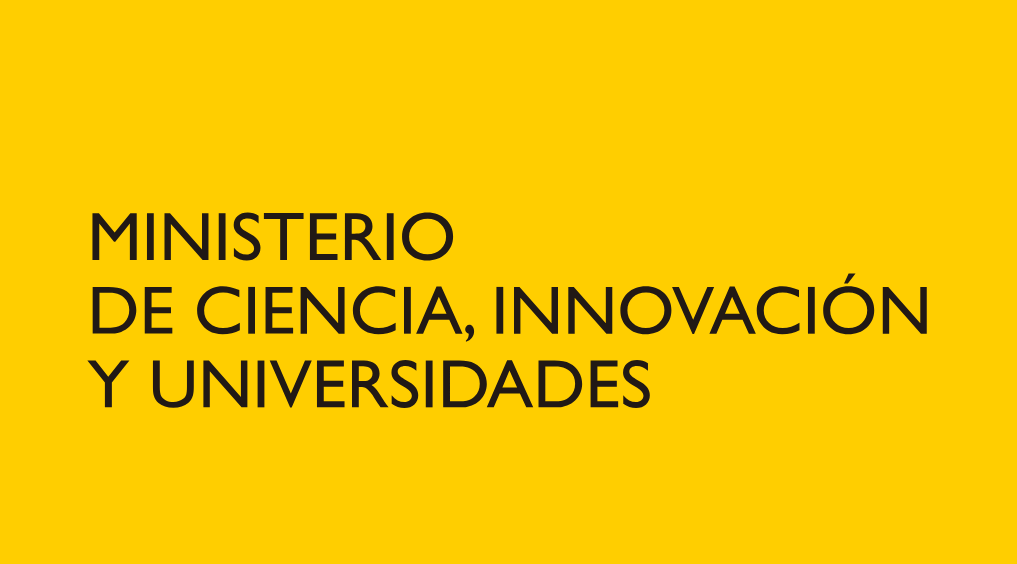
Description
Recognised for its extensive and high-quality PDX model bank, Xenopat is developing a new in vitro pre-screening service to enhance the efficiency of preclinical oncology drug research. The service aims to reduce the use of animals while maintaining the predictive power of PDX models, thereby aligning with the 3Rs principle and recent regulatory changes. By improving the evaluation of drugs in the early stages, the project will support safer and more effective entry into clinical trials.
Ongoing:
1 October 2024 – 1 October 2028
Project name
Extracellular Vesicle Research Exchanges for Advanced Biomarkers and Therapeutics.
EVEREST

Funded under
HORIZON.1.2 – Marie Skłodowska-Curie Actions (MSCA)
MSCA Staff Exchanges 2023
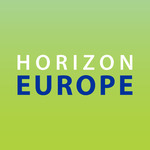

Description
Extracellular vesicles (EVs) are small, membrane-bound vesicles released by cells into the extracellular environment. EVs are involved in various physiological and pathological processes, including immune responses, cancer progression and tissue repair. With the support of the Marie Skłodowska-Curie Actions programme, the EVEREST project aims to standardise EV isolation and characterisation. Researchers will investigate the roles of EVs in health and disease, promoting them as biomarkers and drug delivery vehicles. The long-term goal is to advance EV-based therapeutics and position EVs as essential tools for personalised medicine.
https://cordis.europa.eu/project/id/101183034
https://everest-consortium.com/
https://www.linkedin.com/company/everest-consortium/
https://www.instagram.com/everestconsortium/#
https://bsky.app/profile/everestconsortium.bsky.social
Ongoing:
1 January 2025 – 31 December 2028